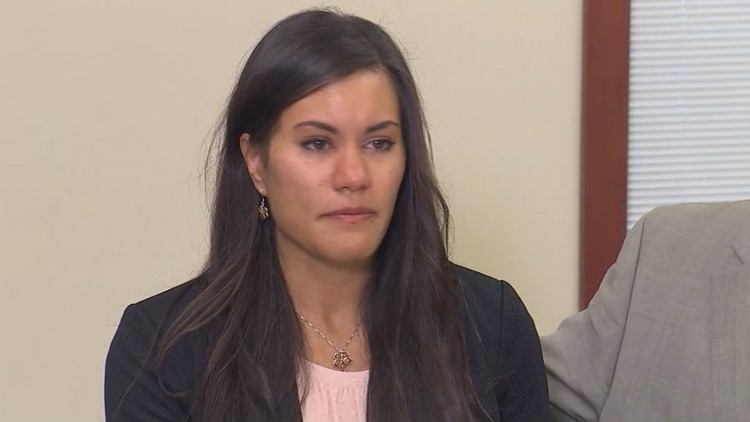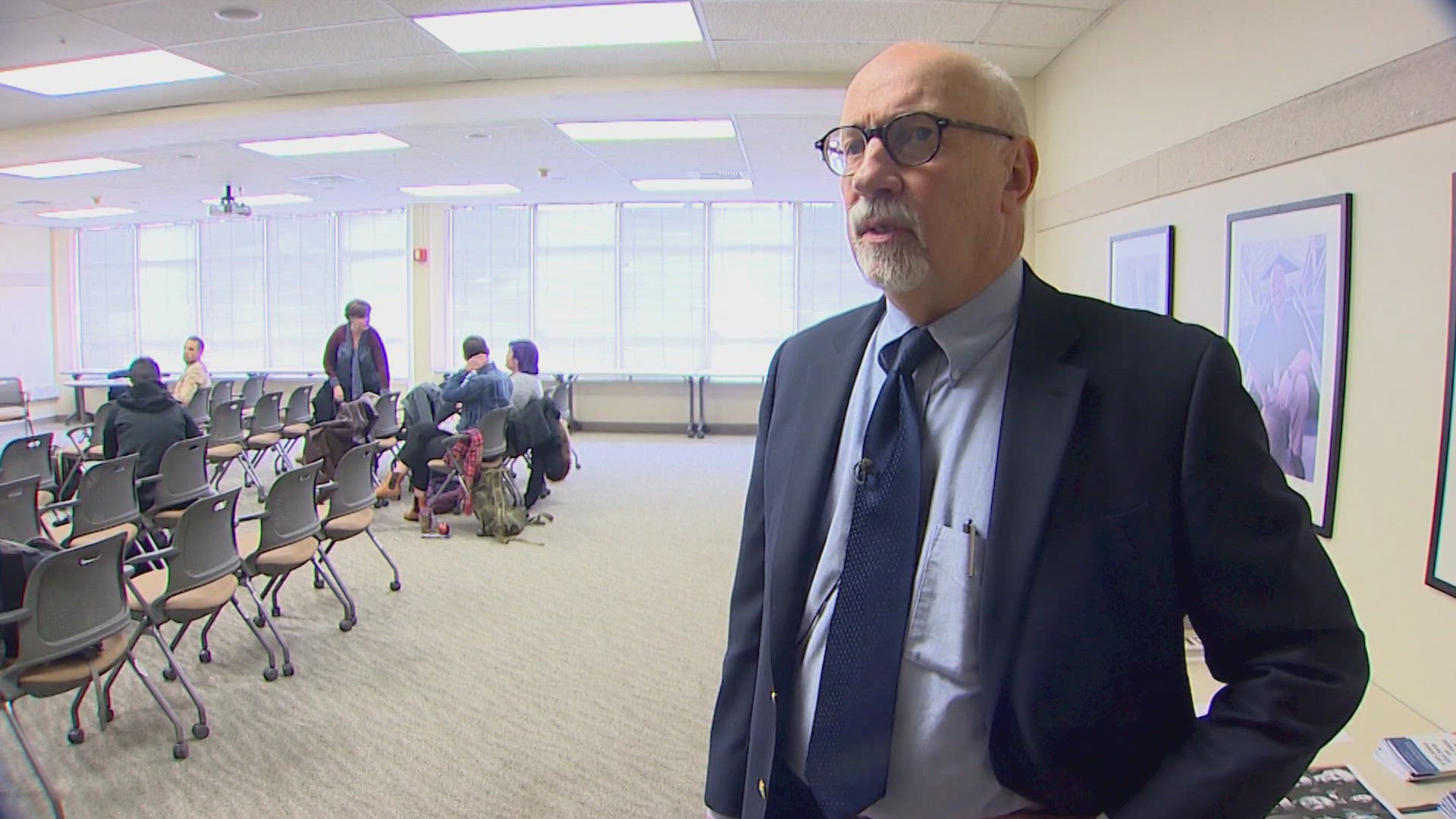The attorney for the former Puyallup nurse who was arrested for assault after two patients tested positive for Hepatitis C says new evidence shows his client does not have the virus and did not knowingly spread it.
When Cora Weberg was arrested, Puyallup police conducted an "invasive" search warrant to gather a sample of her blood, says attorney Bryan Hershman.
"You would think something prudent would have been done with that blood...That blood was put on a shelf, put in a desk," said Hershman. "It's now a ruined sample."
"Yes, we did send her out for a new blood test. The blood test concluded 'undetective' for Hepatitis C virus. I don't have that yet in writing, but I know I have it from the lab," said Hershman. "That means she does not have Hep C."
Hershman says that Weberg did test positive for an antibody. "Just because you have the antibody does not mean you have Hepatitis C," added Hershman. "Over 5 percent of the population walks around with this antibody. There is no issue; they haven't even been exposed to Hep C."
Hershman says Weberg also had donated blood six times since 2003-2013. Her blood was tested for Hepatitis C and the antibody each time, and she tested negative.
Weberg, who worked in the emergency room at Good Samaritan Hospital, has claimed she does not believe she carries the virus.
"I want everyone to know that I never intentionally or unintentionally stuck anyone with a needle with which I previously stuck myself. Out of all of the allegations against me, this is the most awful and it is the allegation that I deny the most," said Weberg in early May.
Weberg, 31, said she was never advised she might have Hepatitis C until after the investigation started.
"In fact, as of this very moment, I do not believe that I am a contagious carrier of Hepatitis C," said Weberg.
Weberg said she was first contacted by the Tacoma-Pierce County Health Department asking for her help in the case. Weberg said she voluntarily took two blood tests -- one that came back negative for Hepatitis C and a second that she said was inconclusive and inconsistent with the first test.
"Apparently there is a very low level of a pathogen in my blood that can constitute Hepatitis C but not at the low levels that are found in my blood," said Weberg.
She added that she's been told by practitioners that a percentage of the population can carry the same pathogen and not be considered carriers of Hepatitis C.
Attorney Cari Laufenberg with Keller Rohrback Law Offices has filed a class action complaint against the hospital. She is currently representing one client, but has talked with more than 40 people who received notices from the hospital about possible Hep C exposure.
"They say that they received notice or a phone call from Good Samaritan that they were at risk for having contracted Hep C because they happened to be at the hospital at the wrong time," said Laufenberg.
When asked about Weberg's lawyer saying his client does not have Hep C, Laufenberg responded, "I think the reality is we don't really know if that is true or not. It is certainly inconsistent from what we have heard from the hospital on multiple occasions."
Friday evening, Marce Edwards Olson, a spokesperson with MultiCare Good Samaritan Hospital issued this response:
We are working in conjunction with local and state health departments to fully investigate the Hepatitis C exposure at Good Samaritan Hospital. That investigation still is underway but has so far revealed that two patients likely contracted Hepatitis C while in our Emergency Department in December. They were both treated by the same nurse. The Tacoma-Pierce County Health Department's test showed that nurse tested positive for Hepatitis C. We continue to test the more than 2,800 patients who were notified that they might have been exposed and so far have completed 1,532 tests. Fifty-two of those patients have tested positive:
Of those patients with positive tests, 36 were determined not to have been exposed at Good Samaritan.
We have identified 9 cases we believe are likely linked to Good Samaritan but are awaiting completion of genetic analysis which we hope will confirm whether they are linked.
The source of exposure for the remaining 7 patients with positive tests remains under investigation.



